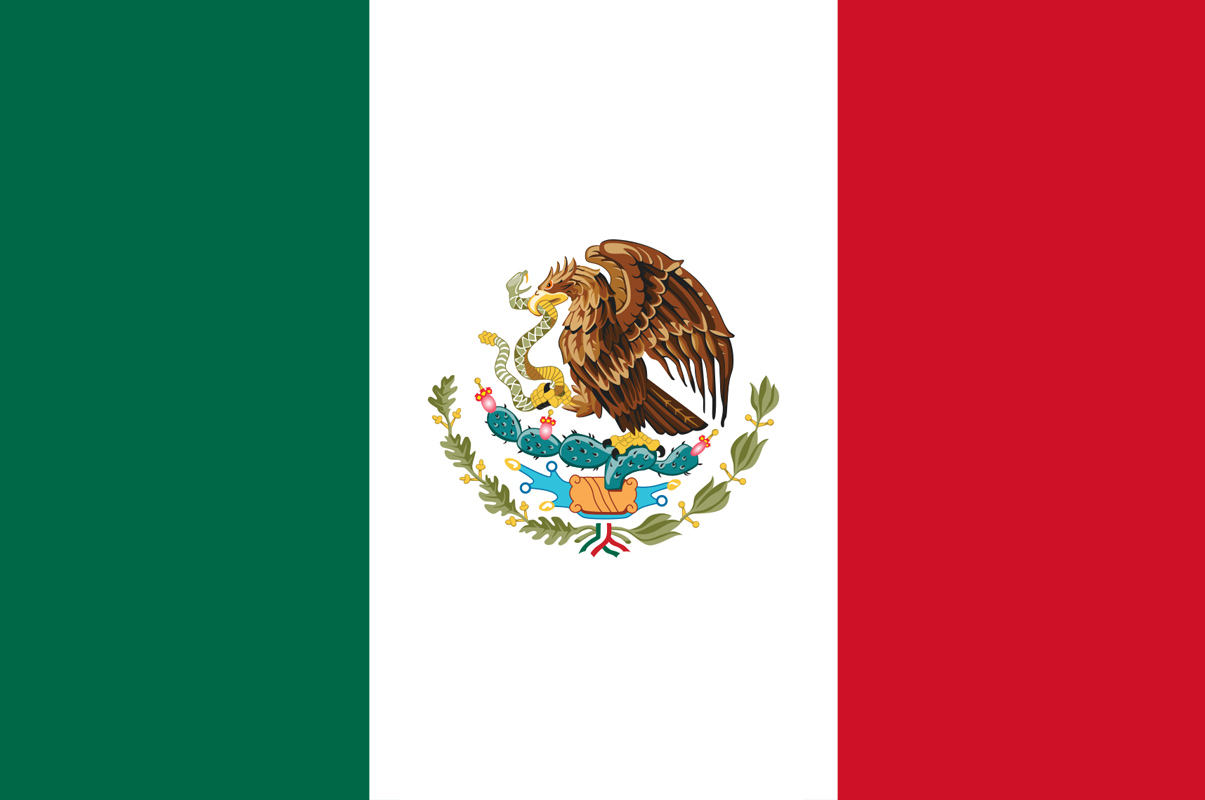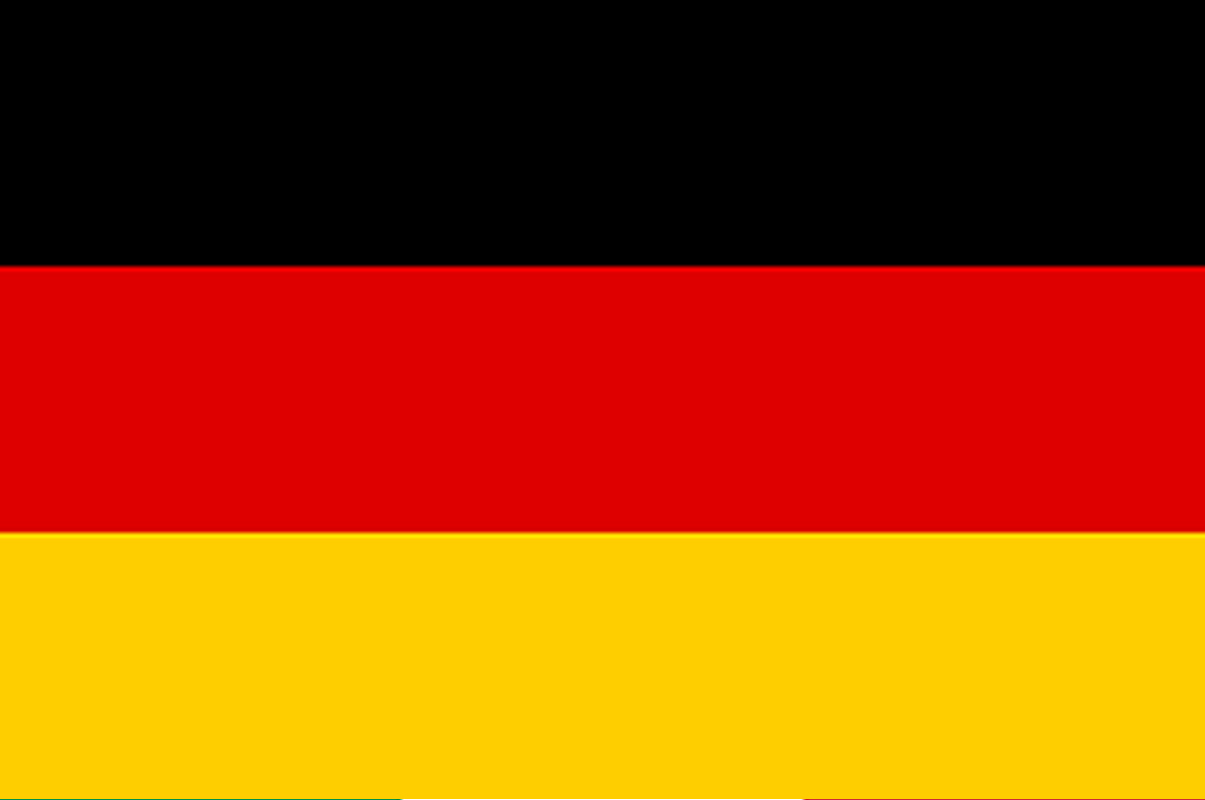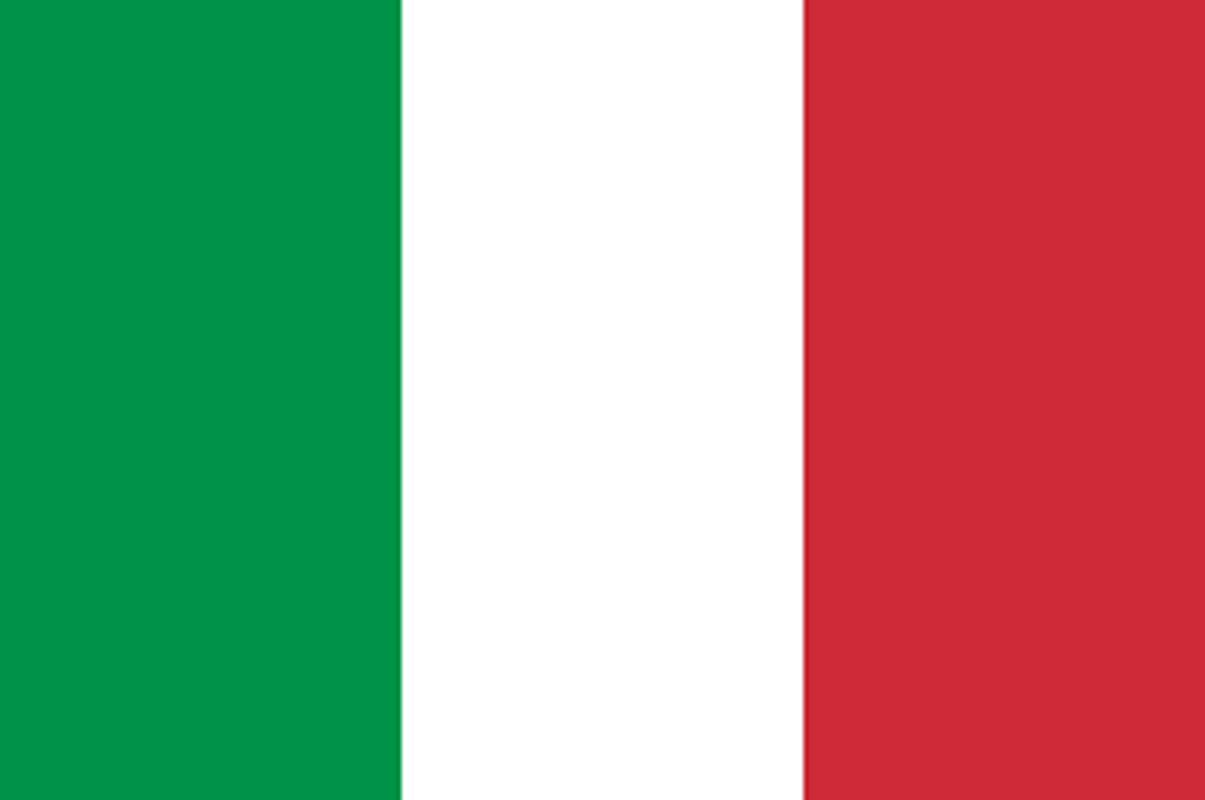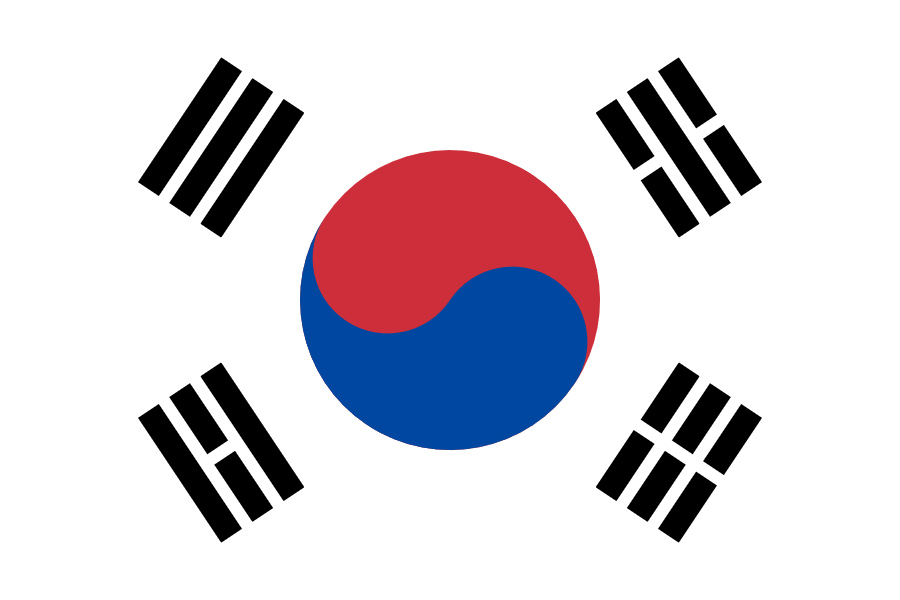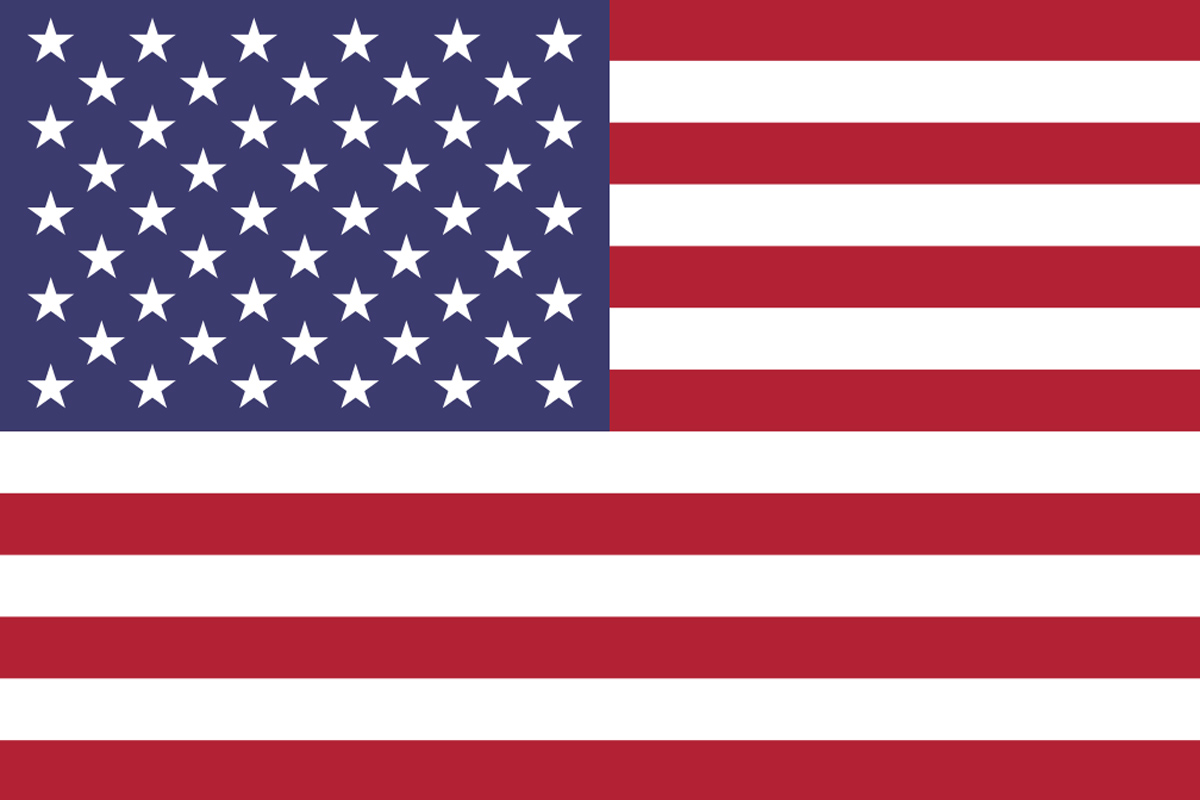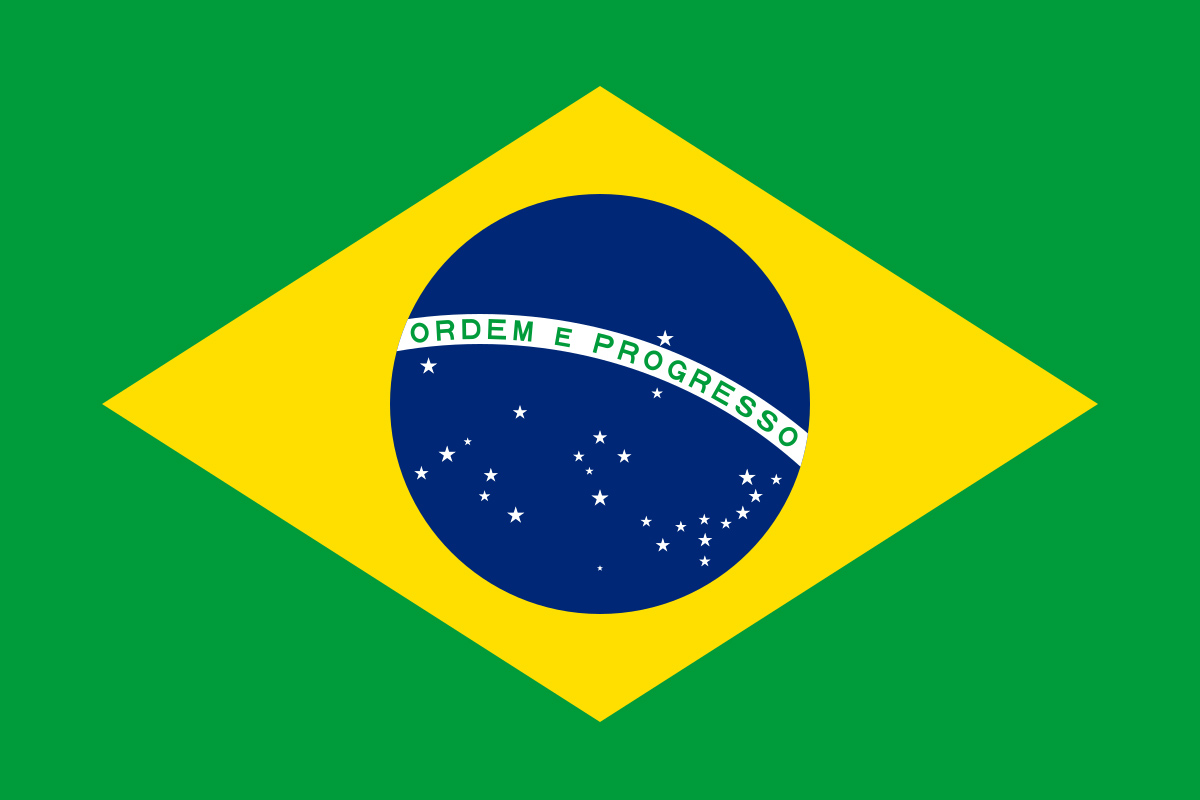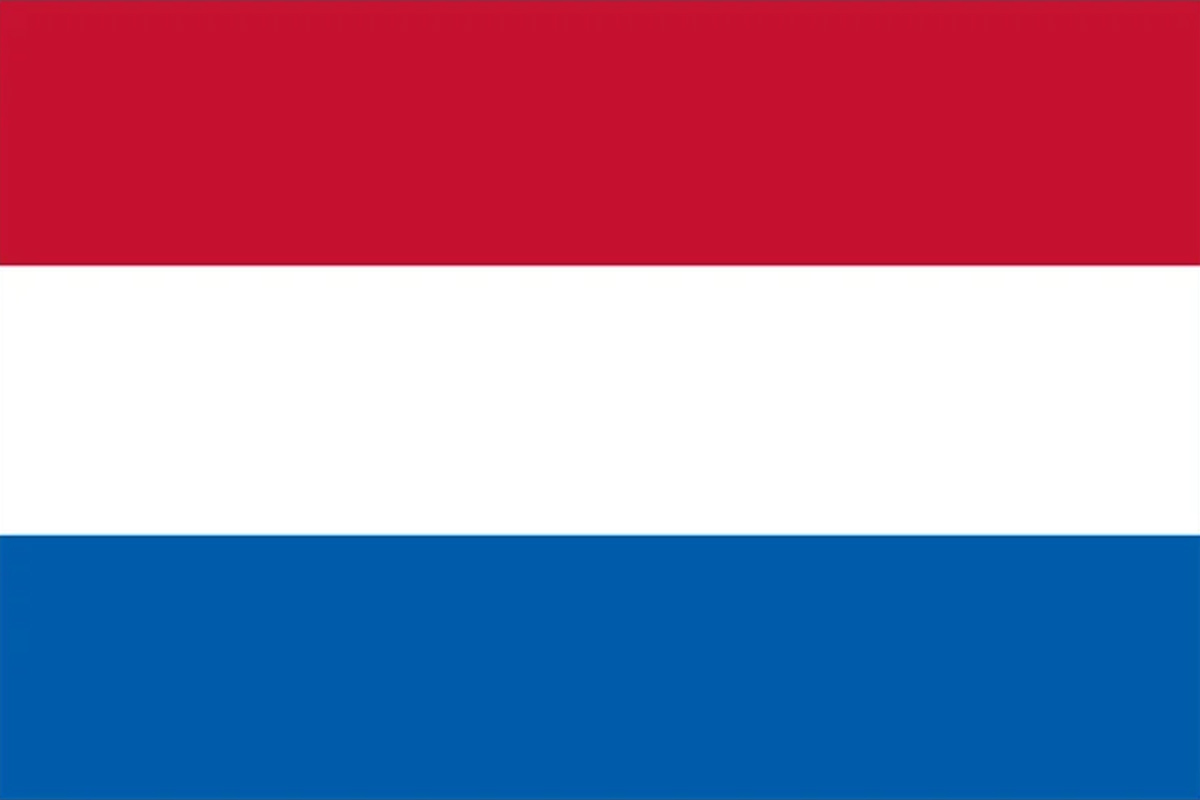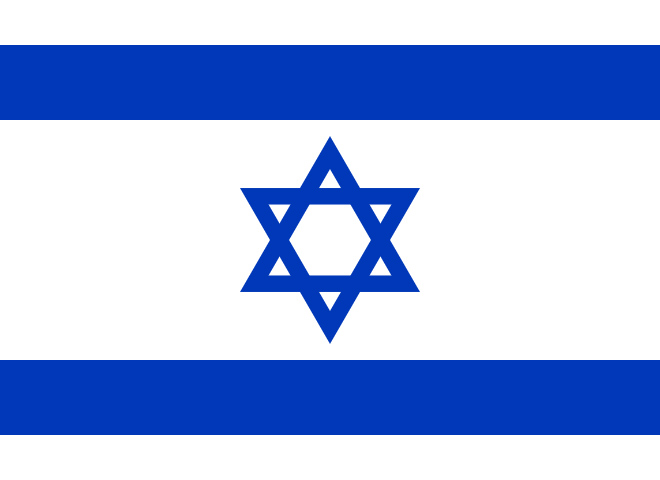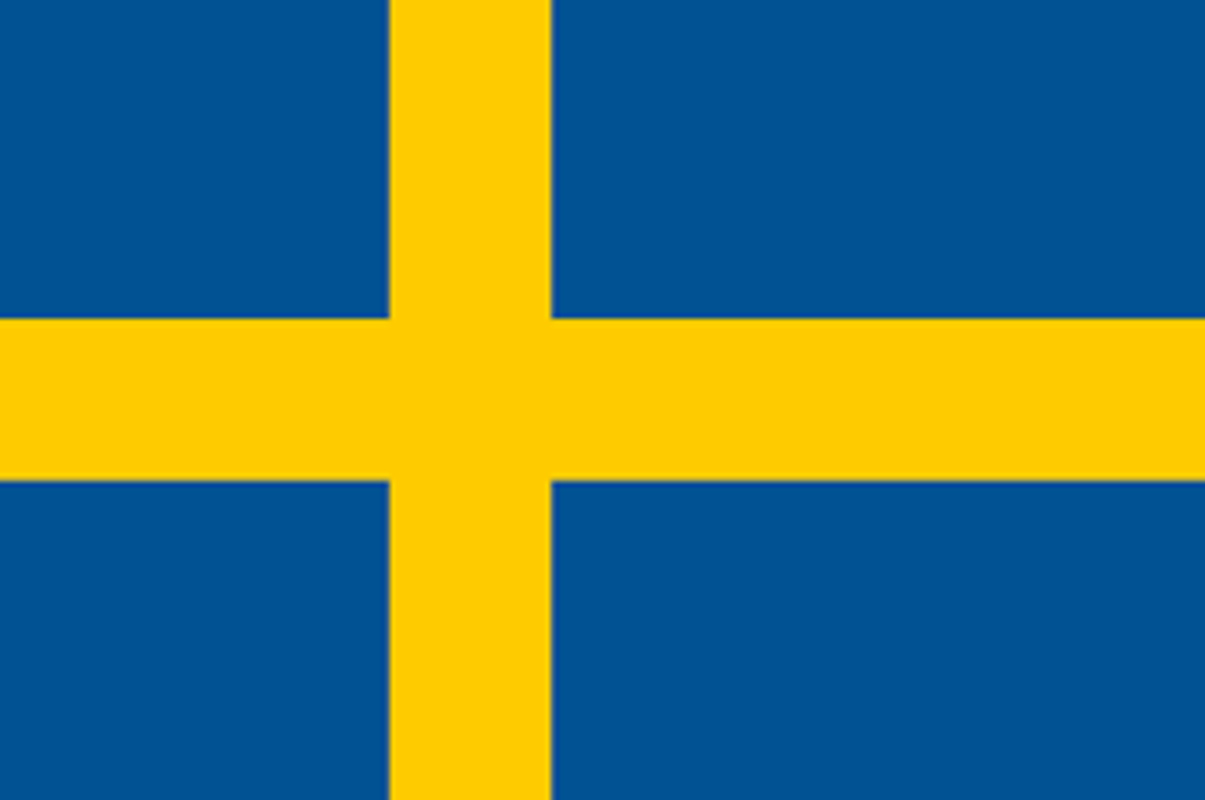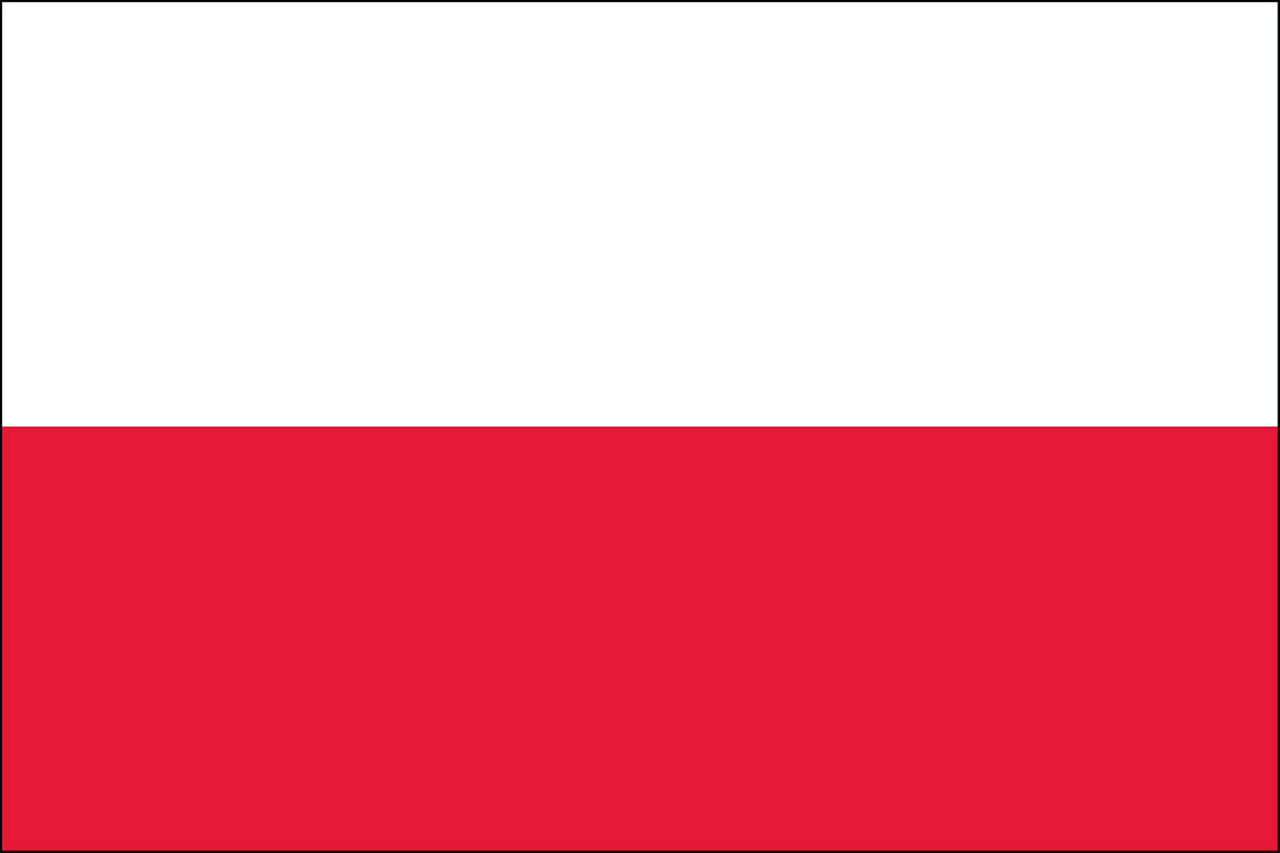625 WORDS ANKI FLASHCARDS
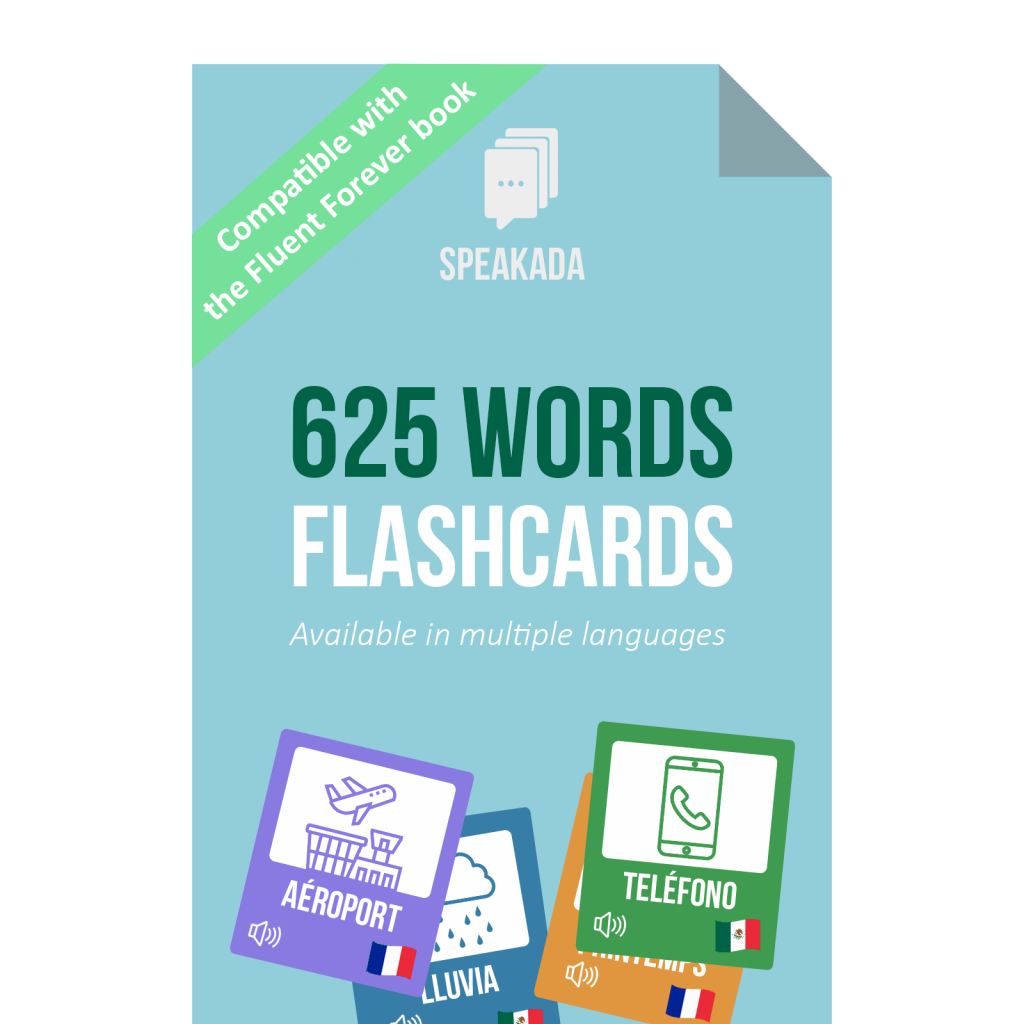
WHAT ARE THE 625 WORDS FLASHCARDS?
The 625 Words Flashcards are a digital Anki deck to help you learn the most common 625 words in your target language. These 625 words include verbs, nouns, adjectives and more that can be visually represented easily with a picture. You must learn the 625 words because it is the first step to learn vocabulary in any language. You can get our 625 Words Flashcards for 14 languages.
Our 625 Words Flashcards are not just a basic word list. Rather, we’ve taken the 625 word list to the next level by making interactive, multimedia flashcards for them. They all include pictures, IPA, audio, and English translation hints, so they’re much easier to learn
If you use our 625 Words Flashcards, you can save time and skip the long process of creating your own cards. This means that you can start learning the top 625 words of your target language right now.
We recommend learning the alphabet, IPA and minimal pairs in your target language first before using the 625 words deck.
Learn more about the 625 Words Anki flashcards in your target language
WHY SHOULD I LEARN THE 625 WORDS?
You should master the most common 625 words of your target language first because it’s the most efficient way to get started with the vocab of a new language.
Languages have 100,000s of Words, So Which Words Do You Learn First?
When you first get started learning a language, you can feel very overwhelmed with the large amount of vocabulary that you could learn. For example, let’s take a look the number of word entries for popular native dictionaries of 10 major languages. Below you’ll see a table of data that we’ve collected for you. This shows you how daunting it can be to get started studying vocabulary in a foreign language.
| Language | Number of Words | Dictionary |
| Korean | 1,100,373 | 우리말샘 (Woori Mal Saem, 2017) |
| Italian | 500,000 | Grande Dizionario Hoepli Italiano (2015) |
| Japanese | 500,000 | 日本国語大辞典 (Nihon Kokugo Daijiten, 2nd Edition, 2000) |
| English | 470,000 | Webster’s Third New International Dictionary (1961) |
| Chinese | 370,000 | 汉语大词典 (Hanyu Da Cidian, 1994) |
| German | 330,000 | Deutsches Wörterbuch (1961) |
| Russian | 150,000 | Большой академический словарь русского языка (Great Academy Dictionary of Russian language, 2006) |
| French | 135,000 | Larousse Dictionnaire de français (2005) |
| Arabic | 120,000 | تاج العروس من جواهر القاموس (Taj al-Arus Min Jawahir al-Qamus, 1984) |
| Spanish | 93,000 | Diccionario de la lengua española de la Real Academia Española (23rd edition, 2014) |
You probably feel very stressed out by the numbers above. You might even want to re-think your whole goal of learning a foreign language, especially if your original plan was to study foreign language vocab at random. But don’t despair! This is where the power of word frequency comes into play.
Use Word Frequency to Organize Your Vocab Study
“Word frequency” refers to how frequent or how often a given word is used in a certain language. In every language, there are hundreds of thousands of words you could learn, as shown in the table above. But when we analyze the frequency of those words in speech, books and other media, we realize that not every word has the same value for learning.
Just think about how you use your own native language. You only use a small amount of available words in your daily life. On the other hand, you ignore the majority of words that are in the dictionary. In fact, you may not even use or know thousands of words in the dictionary of your own native language.
Understand 90% of the Language Spoken With the Top 2000 Words – Prof. Paul Nation
So the key is to learn words that appear most frequently in day-to-day use in the language you’re learning. Paul Nation, a world-renowned vocabulary acquisition linguist researcher from Victoria University of Wellington, agrees with this. He emphasizes the need to use word frequency lists as guidelines to study vocabulary in a foreign language.
If you learn about 2000 most frequently used words in a foreign language, then you’ll be able to understand 90% of the language as it is spoken in normal life, according to research. This is just one of several research studies that we use to determine which words to learn first and why. If you would like more information about the research behind our 625 flashcards where I go in more detail, feel free to contact us.
It’s better to master the top 1000 words first before learning rare vocabulary. For example, if you’re a beginner, you’re better off learning very common words like “red”, “green”, “blue”, “apple”, “banana”, “mother” and “father” because you’re more likely to use these words in a range of contexts. If you haven’t mastered these words and other top 1000 words, then don’t waste time memorizing rarer words like “beige”, “maroon”, “turquoise”, “durian”, “mangosteen”, “great-grandmother” and “father-in-law”.
It’s very unlikely that you’ll ever use these words as a beginner. So, please don’t spend any time on these these rarer words, until you’ve mastered the first 500-1000 words, or unless these rarer words are so personally important to you and you absolutely need them.
In conclusion, you can learn a language efficiently by learning words in the order of frequency. If you are a beginner, you’ll want to get started learning vocabulary according to the most common words used in your target language. This helps you focus on words that are going to be most useful and words that will give you better payoff in the long-term.
If you want to start learning the most frequently used words in your target language, then you can use the 625 Words Flashcards. When you study from the 625 Words Flashcards, you’ll save time and learn more efficiently.
Select Your Target Language to get the 625 Words Flashcards
WHY ARE THERE ONLY 625 WORDS?
We emphasize the study of 625 words because these are the most frequently used words which can be easily represented with a picture. We suggest that you first learn vocab that can be visualized quickly with an image because these new words will be easier and faster to remember.
Abstract Words vs 625 Picture-Based Words
If you examine every single word in the top 100 or top 1000 word list or other number, then you’ll find that some of these words are very abstract. Some examples of common abstract words include “the”, “and” or “so”. These abstract words cannot be easily depicted with an image. It’s true that eventually you will want to learn these top abstract words as well.
However, if you’re a beginner, it will be more comfortable to ease your way into the language with the 625 visual words like “house”, “cat” and “key”. Unlike the common abstract words, the common 625 picture-based words are easier to remember and will give you greater early momentum and motivation.
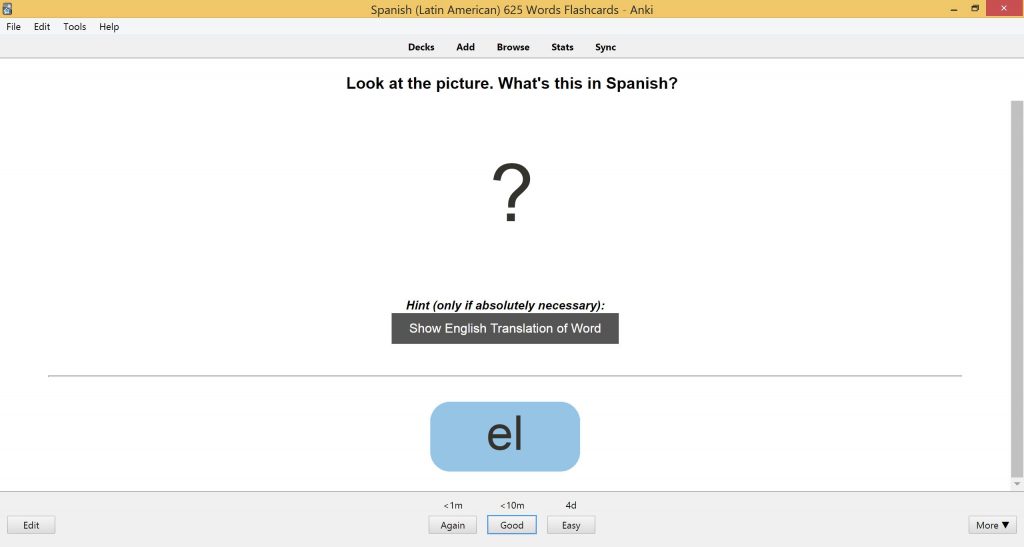
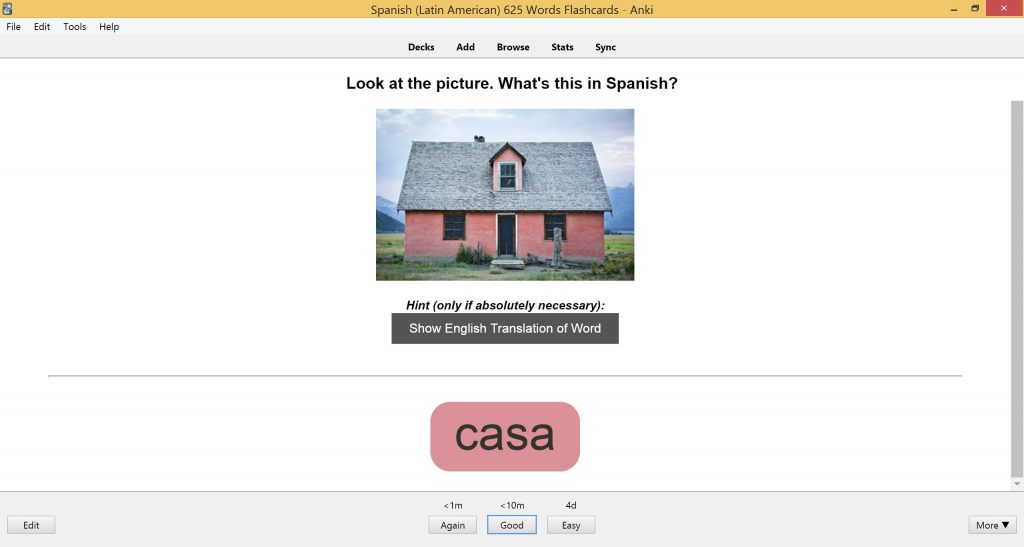
Learn more about the 625 Words Anki flashcards in your target language
WHY LEARN PICTURE-BASED WORDS FIRST?
There are 2 main reasons why learning picture-based words first is most effective for beginners learning a new language. The first is leveraging your visual memory capacity and the second is to avoid using English translations while learning. We’ll go further into detail below but I would like to point out that there is a lot more research behind why you should learn picture-based words first. If you would like to learn about the research behind this, please send us an email for a more detailed analysis.
Leverage your Visual Memory with the 625 Picture-Based Words
When you learn from the 625 picture-based words flashcards, you get to take advantage of the latest research about the power of our visual long term memory. Researchers from MIT (Massachusetts Institute of Technology) found that long-term memory is capable of storing a massive number of objects with details from the image.
Participants in their study viewed pictures of 2,500 objects over the course of 5.5 hours. Afterwards, the researchers conducted a series of tests on the participants, and they were surprised with what they discovered.
Participants were able to successfully maintain detailed representations of thousands of images in their memory. This is the reason why we focus on the 625 Words Flashcards, which are all image-based vocabulary flashcards. When you use these 625 Words Flashcards, you get to harness your visual long term memory as you learn the most frequently used vocab.
Think Faster in Your Target Language with the 625 Words
Since you learn the 625 words with just pictures, this means that you don’t rely on English language translations of the words. This is beneficial because you build stronger connections between the new target language word and the actual concept of the thing. You skip English translations altogether so that you can think faster in the foreign language.
As an example, let’s say you’re learning the Spanish word “gato” (cat). The picture-based flashcard will have the word “gato” on one side, and a picture of “gato” on the other side. There’s no need to have the English translation of the word “cat” anywhere. This means that you keep your mind focused on the Spanish language at all times. That’s because your brain will directly connect the picture of the “gato” to the word “gato” and vice versa. English is not needed at all.
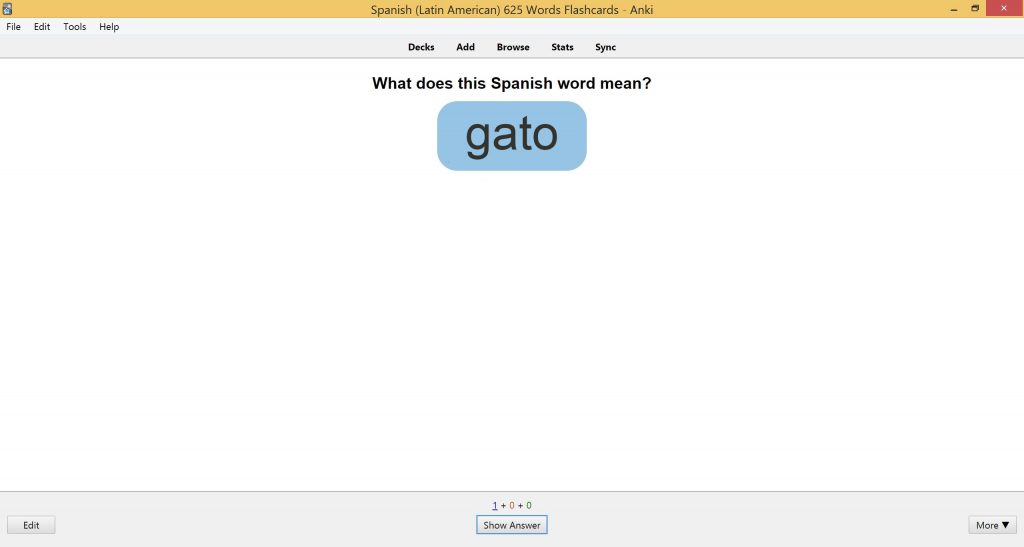
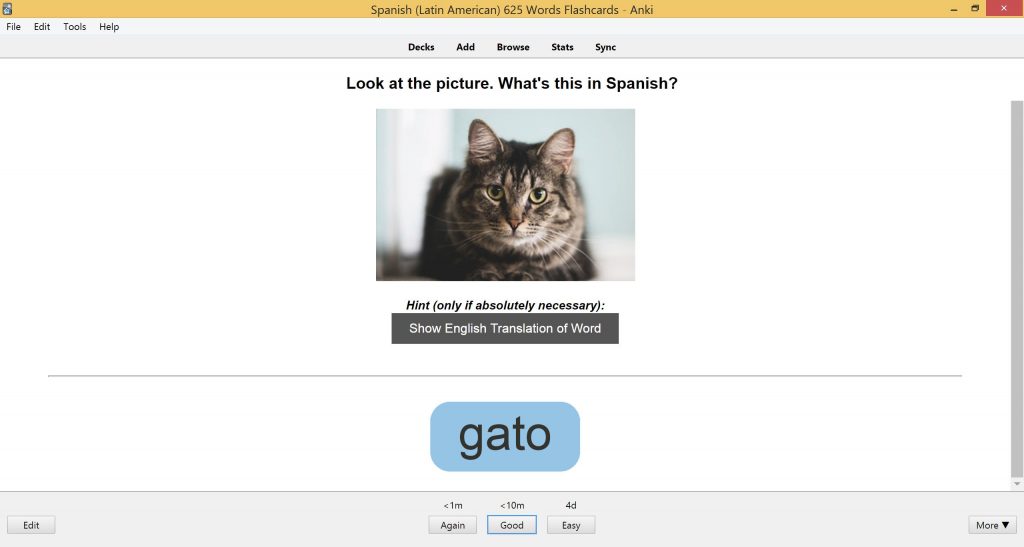
This is different to they way some other learners study vocab because they will use English translations. In this scenario, a translation-based flashcard is used where one side has the word “gato”, and the other side has the English translation “cat”. This is inefficient because in real life, when you see the word “gato”, your brain will first go to the English translation “cat”, then afterwards your brain will think of the concept or image of a “gato”. This is slower than picture-based flashcards because your brain has to process that extra step of the English translation before it reaches the concept of the “gato”. Not only that, you’re more likely to make errors.
Learn more about the 625 Words Anki flashcards in your target language
WHERE ARE THE 625 WORDS SOURCED?
The 625 words are derived from a combination of the most popular corpora and comprehensive word frequency lists of the most common words in a language. These include, but are not limited to the following: the Corpus of Contemporary American English, British National Corpus, and the Routledge Frequency Dictionary series in various languages.
The concept of learning the top words in a language has been around for years based on academic studies and research. So, credit must also be given to the work of Professors Paul Nation and Stuart Webb.
Our 625 word list also draws inspiration from the Fluent Forever book and the Fluent Forever 625 word list, but we’ve found that there are a lot of inconsistencies with the actual words, translations and data in their list. So we sought to make the 625 word list more uniform.
Also, the Fluent Forever 625 word list was only provided in a PDF format, but we wanted to help language learners study and memorize the most common picture-based words easily, so we also gathered out own IPA, native audio, and images. Therefore, we have built upon the work of Fluent Forever, linguist researchers and other frequency word lists, by producing a done-for-you Anki flashcard deck of the most frequent 625 picture-based words.
Our 625 Words Anki flashcard deck comes ready for you to use so that you save more time, and can get started with studying right away.
Select Your Target Language to get the 625 Anki Words Flashcards
WHICH WORDS ARE INCLUDED IN THE 625 ANKI FLASHCARDS?
Here are the 625 words used in English. Please note that the words in the 625 Words Anki flashcards will be translated in the target language so you can learn them in that language.
(outer) space, actor, adjective, adult, afternoon, air, airport, alive, animal, apartment, apple, April, arm, army, art, artist, attack, August, author , baby, back (body), back (direction), bad, bag, ball, banana, band, bank, bar, bathroom, beach, beard, beautiful, bed, bedroom, beef, beer, beverage, bike, bill, billion, bird, black, blind, blood, blue, boat, body, bone, book, bottle, bottom, box, boy, brain, bread, breakfast, bridge, brother, brown, building, bus, cake, camera, camp, car, card, cat, ceiling, cell phone, centimeter, chair, cheap, cheese, chicken, child, church , circle, city, clay, clean, clock, clothing, club, coat, coffee, cold, color, computer, consonant, contract, cool, copper, corn, corner, country, court, cow, crowd, cup, curved, dark, date, daughter, day, dead, deaf, death, December, deep, diamond, dinner, direction, dirty, disease, doctor, dog, dollar, door, dot, down, dream, dress, drug, dry, dust, ear, earth, east, edge, egg, election, energy, engine, evening , exercise, expensive, explode, eye, face, fall, family, famous, fan (appliance), fan (sports), farm, fast, father, February, female, finger, fire, fish, flat, floor, flower, food, foot, foot, forest, fork, Friday, friend, front, game, garden, gasoline, gift, girl, glass, God, gold, good, grandfather, grandmother, grass, gray, green, ground, gun, hair, half, hand, happy, hard, hat, he, head, healthy, heart, heat, heaven, heavy, hell, high, hill, hole, home, horse, hospital, hot, hotel, hour, house, human, husband , I, ice, image, inch, injury, inside, instrument, island, it, January, job, juice, july, June, key, kilogram, king, kitchen, knee, knife, lake, lamp, laptop, large/big, lawyer, leaf, left, leg, lemon, letter, library, light (vs heavy), light (noun), light (color), lip, location, lock, long, loose, loud, low, lunch, magazine, male, man, manager, map, market, marriage, material, May, mean, medicine, metal, meter , milk, million, minute, Monday, money, month, moon, morning, mother, mountain, mouse, mouth, movie, murder, music, narrow, nature, neck, needle, neighbor, network, new, newspaper , nice, night, no, north, nose, note, noun, November, nuclear, number, ocean, October, office , oil, old (vs young), old (vs new), orange, orange, outside, page, pain, paint, pants, paper, parents, park, patient, pattern, peace, pen, pencil, person, photograph, piece, pig, pink, plane, plant, plastic, plate, player, pocket, poison, police, pool, poor, pork, pound, president, price, priest, prison, program (computer), queen, quiet, race (ethnicity), race (sport), radio, rain, red, religion, reporter, restaurant, rice, rich, right, ring, river, roof, room, root, sad, salt, sand, Saturday , school, science, screen, sea, season, second, secretary, seed, September, September, sex (gender), sex (the act), shallow, she, ship, shirt, shoes, short, short (vs long), shoulder, sick, side, sign, silver, sister , skin, skirt, sky, slow, small/little, snow , soap, soft, soil, soldier, son, song, sound, soup, south, spoon, sport, Spring, square, stain, star, stone, store/shop, straight, street, strong, student, sugar, suit, summer, sun, Sunday, sweat, T-Shirt, table, tall, tea, teacher, team, tear (drop), technology, telephone, television, temperature, theater, they, thick, thin, Thursday, ticket, tight, time, tire, to beat/hit, to bend, to break, to build, to burn, to buy, to call, to carry, to catch, to clean, to close, to cook, to count, to cry, to cut, to dance, to die, to dig, to draw, to drink, to drive, to eat, to fall, to feed, to fight, to find, to fly, to follow, to go, to grow, to hang, to hear , to jump, to kill, to kiss, to laugh, to learn, to lie down, to lift, to listen, to live, to lose, to love, to marry, to melt, to mix, to open, to pass by, to pay, to play, to pray, to pull, to push, to run, to see, to sell, to shake, to shoot, to sign, to sing, to sit, to sleep, to smell, to smile, to speak/say, to stand, to stop, to swim, to taste, to teach, to think, to throw, to touch, to turn, to wake, to walk, to wash, to watch, to wear, to win, to work, to write, toe, tongue, tool, tooth, top, town, train, train station, transportation, tree, truck, Tuesday, ugly, university, up, valley , verb, victim, voice, vowel, waiter, wall, war, warm, water, wave, we, weak, wedding, Wednesday, week, weight, west, wet, white, wide, wife, wind, window, wine, wing, winter, woman, wood, world, yard, year, yellow, yes, you (singular), you (plural), young, 0, 1, 2, 3, 4, 5, 6, 7, 8, 9, 10, 11, 12, 13, 14, 15, 16, 17, 18, 19, 20, 21, 22, 30, 31, 32, 40, 41, 42, 50, 51, 52, 60, 61, 62, 70, 71, 72, 80, 81, 82, 90, 91, 92, 100, 101, 102, 110, 111, 1000, 1001, 10000, 100000, 1st, 2nd, 3rd, 4th, 5th
Learn more about the 625 Words Anki flashcards in your target language
SHOULD I LEARN MORE THAN THE 625 MOST COMMON WORDS?
Yes, of course! The top 625 pictures-based words are just the start of your journey to learn the vocab of your target language.
After these 625 words, we recommended that you learn all the vocab in the 2000 words frequency list, including abstract words and all other words. We suggest that you check out the following research that shows you the importance of the 2000 words.
Top 2000 words account for 90% of the words used – Linguists Stuart Webb & Paul Nation
The next logical step is to learn the top 2000 words because Professors Stuart Webb and Paul Nation have found that the top 2000 words account for 90% of the words used in general texts.
| Number of Words | Level of Comprehension |
| 1000 words | About 75% comprehension of any kind of |
| 2000 words | About 90% comprehension of any kind of text |
| 6000-7000 words | About 98% comprehension of any kind of spoken material |
| 8000-9000 words | About 98% comprehension of any kind of written material |
If we examine how many words you need to learn (effort of learning/input) to reach a certain level of comprehension (percentage of the language commonly used), you can see that learning the top 2000 words gives the best return. If you learn 6000 words or more, you only retain 8% more of the language as compared to learning 2000 words.
Reach A2 CEFR Level With 2000 Words
Linguist James Milton from Swansea University has done some interesting research to find out how many words are needed to pass certain levels of language tests based on the CEFR (Common European Framework Reference for Languages). The results are shown below:
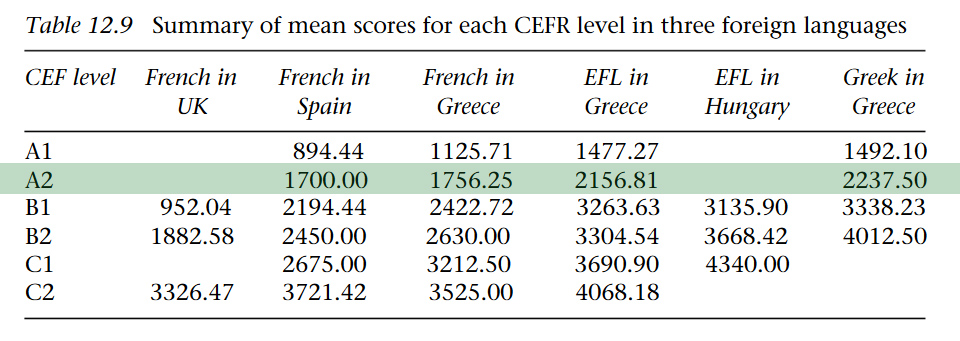
There, you can see that if you learn about the top 1000 words, then you have a high probability of passing the A1 CEFR language test. Whereas, if you learn about 2000 words, you are likely to pass the A2 CEFR language exam. The “A” levels of the CEFR refer to the beginner stages of a language, so it’s evident that learning roughly the top 2000 words in a foreign language will clearly take you into the intermediate stages of the language.
Learn the Top 2000 Most Frequent Words in Your Target Language
The research above is very useful because it gives you clarity and confidence about the next step after learning the 625 picture-based words. We highly recommend learning the top 2000 words. This is a good plan to clearly reach the intermediate level. But we highly suggest that you learn the 625 words first as the foundation step to learning vocabulary.
